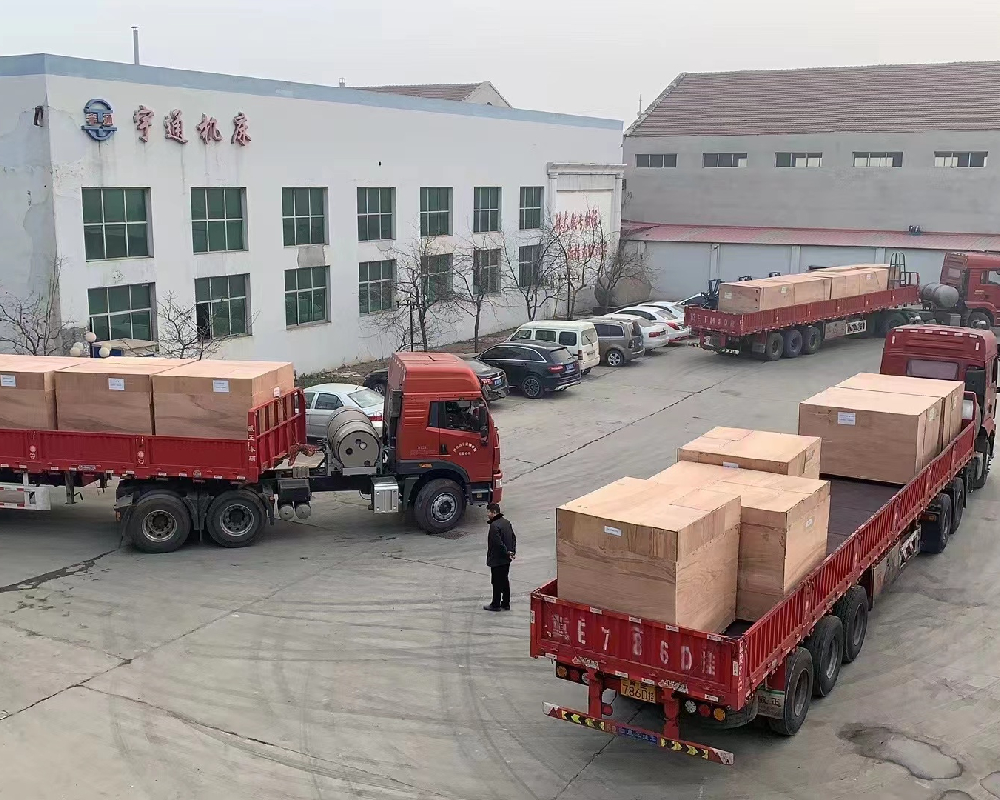
-
 Afrikaans
Afrikaans -
 Albanian
Albanian -
 Amharic
Amharic -
 Arabic
Arabic -
 Armenian
Armenian -
 Azerbaijani
Azerbaijani -
 Basque
Basque -
 Belarusian
Belarusian -
 Bengali
Bengali -
 Bosnian
Bosnian -
 Bulgarian
Bulgarian -
 Catalan
Catalan -
 Cebuano
Cebuano -
 Corsican
Corsican -
 Croatian
Croatian -
 Czech
Czech -
 Danish
Danish -
 Dutch
Dutch -
 English
English -
 Esperanto
Esperanto -
 Estonian
Estonian -
 Finnish
Finnish -
 French
French -
 Frisian
Frisian -
 Galician
Galician -
 Georgian
Georgian -
 German
German -
 Greek
Greek -
 Gujarati
Gujarati -
 Haitian Creole
Haitian Creole -
 hausa
hausa -
 hawaiian
hawaiian -
 Hebrew
Hebrew -
 Hindi
Hindi -
 Miao
Miao -
 Hungarian
Hungarian -
 Icelandic
Icelandic -
 igbo
igbo -
 Indonesian
Indonesian -
 irish
irish -
 Italian
Italian -
 Japanese
Japanese -
 Javanese
Javanese -
 Kannada
Kannada -
 kazakh
kazakh -
 Khmer
Khmer -
 Rwandese
Rwandese -
 Korean
Korean -
 Kurdish
Kurdish -
 Kyrgyz
Kyrgyz -
 Lao
Lao -
 Latin
Latin -
 Latvian
Latvian -
 Lithuanian
Lithuanian -
 Luxembourgish
Luxembourgish -
 Macedonian
Macedonian -
 Malgashi
Malgashi -
 Malay
Malay -
 Malayalam
Malayalam -
 Maltese
Maltese -
 Maori
Maori -
 Marathi
Marathi -
 Mongolian
Mongolian -
 Myanmar
Myanmar -
 Nepali
Nepali -
 Norwegian
Norwegian -
 Norwegian
Norwegian -
 Occitan
Occitan -
 Pashto
Pashto -
 Persian
Persian -
 Polish
Polish -
 Portuguese
Portuguese -
 Punjabi
Punjabi -
 Romanian
Romanian -
 Russian
Russian -
 Samoan
Samoan -
 Scottish Gaelic
Scottish Gaelic -
 Serbian
Serbian -
 Sesotho
Sesotho -
 Shona
Shona -
 Sindhi
Sindhi -
 Sinhala
Sinhala -
 Slovak
Slovak -
 Slovenian
Slovenian -
 Somali
Somali -
 Spanish
Spanish -
 Sundanese
Sundanese -
 Swahili
Swahili -
 Swedish
Swedish -
 Tagalog
Tagalog -
 Tajik
Tajik -
 Tamil
Tamil -
 Tatar
Tatar -
 Telugu
Telugu -
 Thai
Thai -
 Turkish
Turkish -
 Turkmen
Turkmen -
 Ukrainian
Ukrainian -
 Urdu
Urdu -
 Uighur
Uighur -
 Uzbek
Uzbek -
 Vietnamese
Vietnamese -
 Welsh
Welsh -
 Bantu
Bantu -
 Yiddish
Yiddish -
 Yoruba
Yoruba -
 Zulu
Zulu
Different Types of Thread Rolling Processes in Manufacturing Industries
Types of Thread Rolling Factories
Thread rolling is a manufacturing process used to create helical ridges or threads on a workpiece. This process is widely used in the production of various components, including fasteners, bolts, nuts, and other threaded products. The efficiency, precision, and strength of rolled threads make this method favored over traditional cutting processes. As such, thread rolling factories can vary greatly in their technology, specialization, and output. This article explores the different types of thread rolling factories and their roles in the manufacturing industry.
1. High-Volume Production Facilities
High-volume thread rolling factories are designed to produce large quantities of threaded products efficiently. These facilities often utilize automated machinery, which allows for continuous production with minimal human intervention. The machinery is capable of handling various materials, including steel, aluminum, and plastic, tailored to the specific needs of the market. The advantage of such factories lies in their ability to maintain consistency and quality while meeting the demands of high-volume orders. Examples of high-volume applications include automotive components and industrial fasteners.
2. Specialized Thread Rolling Shops
Specialized thread rolling shops focus on producing specific types of threaded products. These factories may cater to niche markets, such as aerospace, medical devices, or heavy machinery, where precision and compliance with stringent standards are paramount. Specialized facilities often employ advanced technology, including CNC (computer numerical control) machines, to ensure that products meet exact specifications. Such factories may also have the capability to produce custom threads that require unique profiles or dimensions, setting them apart from high-volume producers.
3. Job Shops and Custom Manufacturers
types of thread rolling factories

Job shops and custom manufacturers provide flexibility in production, taking on smaller orders or unique projects that require specific threading solutions. These factories often cater to customers who need prototyping, one-off designs, or small batch runs. Job shops employ skilled technicians capable of executing intricate and complex thread rolling tasks. While they may not achieve the same output levels as high-volume factories, they offer personalized service and tailored solutions to meet individual client needs.
4. Tooling and Die Manufacturers
Thread rolling requires specific tooling and dies that are custom-designed based on the thread profile and material being used. Some factories specialize in the design and manufacture of these tools, supplying them to other thread rolling operations. These manufacturers play a crucial role in ensuring that production equipment is well-equipped to create high-quality threaded products. By investing in advanced technology and engineering, tooling manufacturers improve the overall efficacy of the thread rolling process across the industry.
5. Research and Innovation Centers
As with any manufacturing process, innovation is key to staying competitive. Some factories focus on research and development (R&D) related to thread rolling techniques. These centers work on enhancing existing technologies, developing new rolling methods, and exploring alternative materials. By investing in R&D, these factories aim to improve productivity, reduce production costs, and expand the capabilities of thread rolling. Collaborations with academic institutions and industry partners are often part of their approach to fostering innovation.
Conclusion
The diversity of thread rolling factories reflects the varied demands of the manufacturing sector. From high-volume production facilities to specialized shops and innovative research centers, each type plays a vital role in the creation of quality threaded products. Understanding the different types of thread rolling factories helps businesses choose the right production partner and ultimately contribute to the efficiency and effectiveness of their operations in an increasingly competitive marketplace. Whether focused on mass production or custom solutions, these factories are essential for supporting a wide range of industries and applications.
